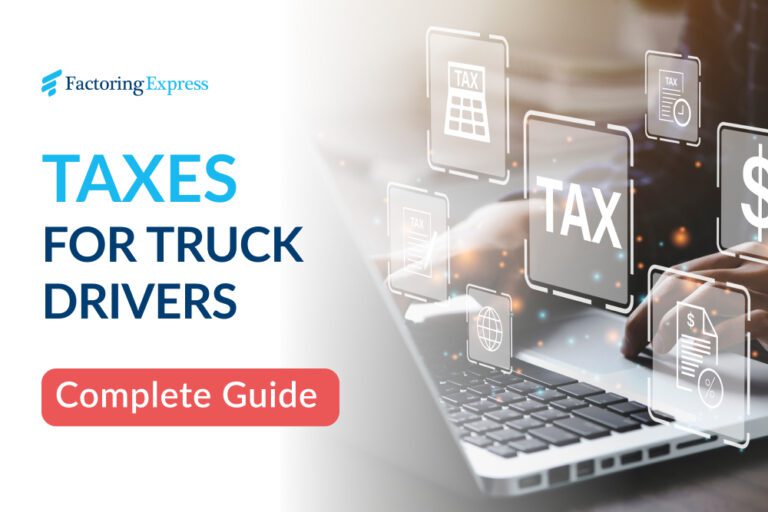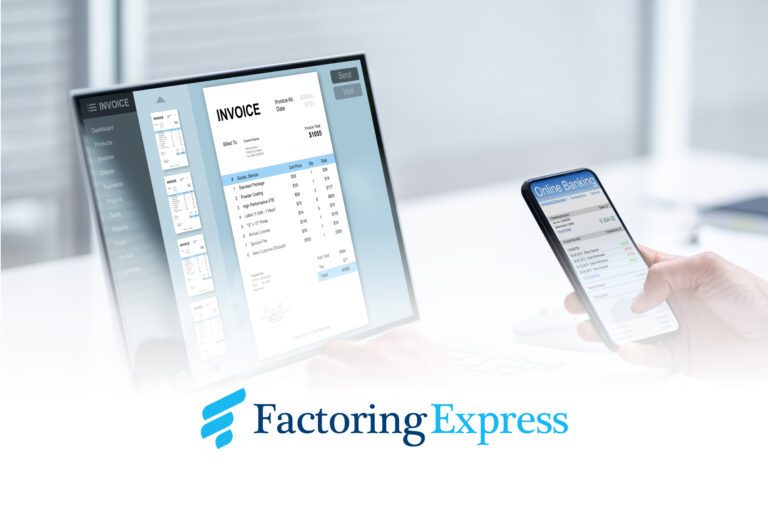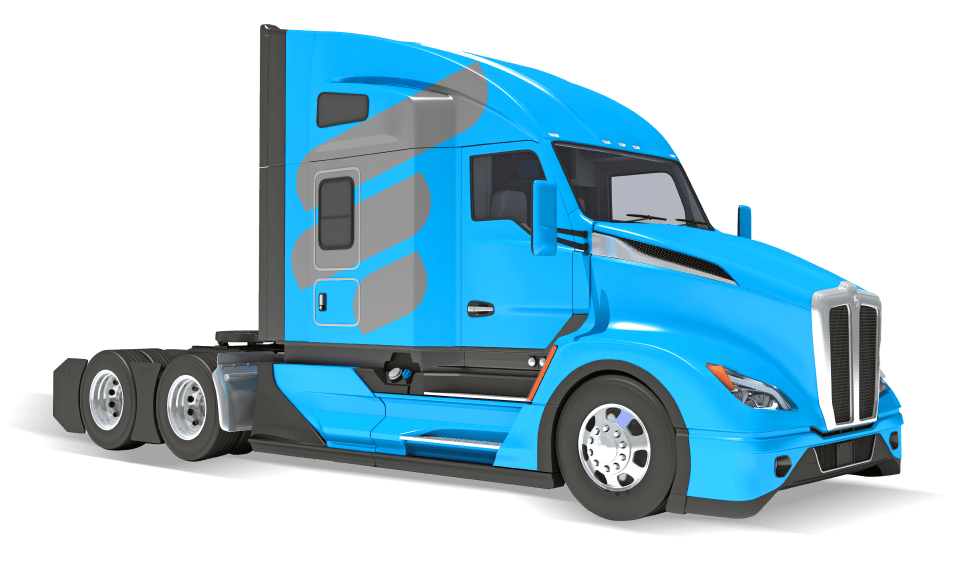Types of taxes that apply to truckers
Income tax
Self-employment tax
What does the owner-operator pay in trucking taxes?
About the Heavy Highway Vehicle Use Tax
Owner-operator tax deductions list
- Truck leases
- Repairs and accessories
- Business-related communication equipment
- License and permit fees
- Accounting services
- Retirement plans
- Insurance premiums
- Depreciable property
- Fuel tax
- Business travel expenses
- Protective work equipment
- DOT physical costs
- Business loan interest upon payment
- Vehicle miles used for business-related trips (e.g., meetings, trade shows, bank transactions)
- Legal fees related to business
- Per diem
About per diem
Owner-operator expenses that are not deductible
- Home phone lines
- Everyday clothing
- Interest paid on personal loans
- Deadhead miles
- Downtime expenses
- Commuting costs
- Personal vacations and recreation
- Reimbursed expenses by an employer
- Penalties and fines
New tax laws for truck drivers
New rules and limitations for depreciation
Under the Tax Cuts and Job Act (TCJA), qualified asset purchases from Sept. 27, 2017, to December 31, 2022, can be expensed by 100%. This will be slowly phased out by 20% per year until it expires on January 1, 2027.
IRS increases standard mileage rate by 3 cents for 2023
Starting January 1, 2023, the standard mileage rate for operating vehicles for business is 65.5 cents per mile. This is 3 cents higher than the mid-year increase in 2022. Take note that leased vehicles must use the standard mileage rate throughout the lease duration.
Tax home requirement for per diem deductions
For business owners to qualify for per diem deductions, they must have a ‘tax home’, according to the IRS. The revenue agency set specific requirements about this on their IRS Publication 463.
Tips for filing truck driver taxes
Filing your taxes as an owner-operator doesn’t have to be mind-racking. Below, we listed a few tips and tricks to help you get through the tax season with ease:




